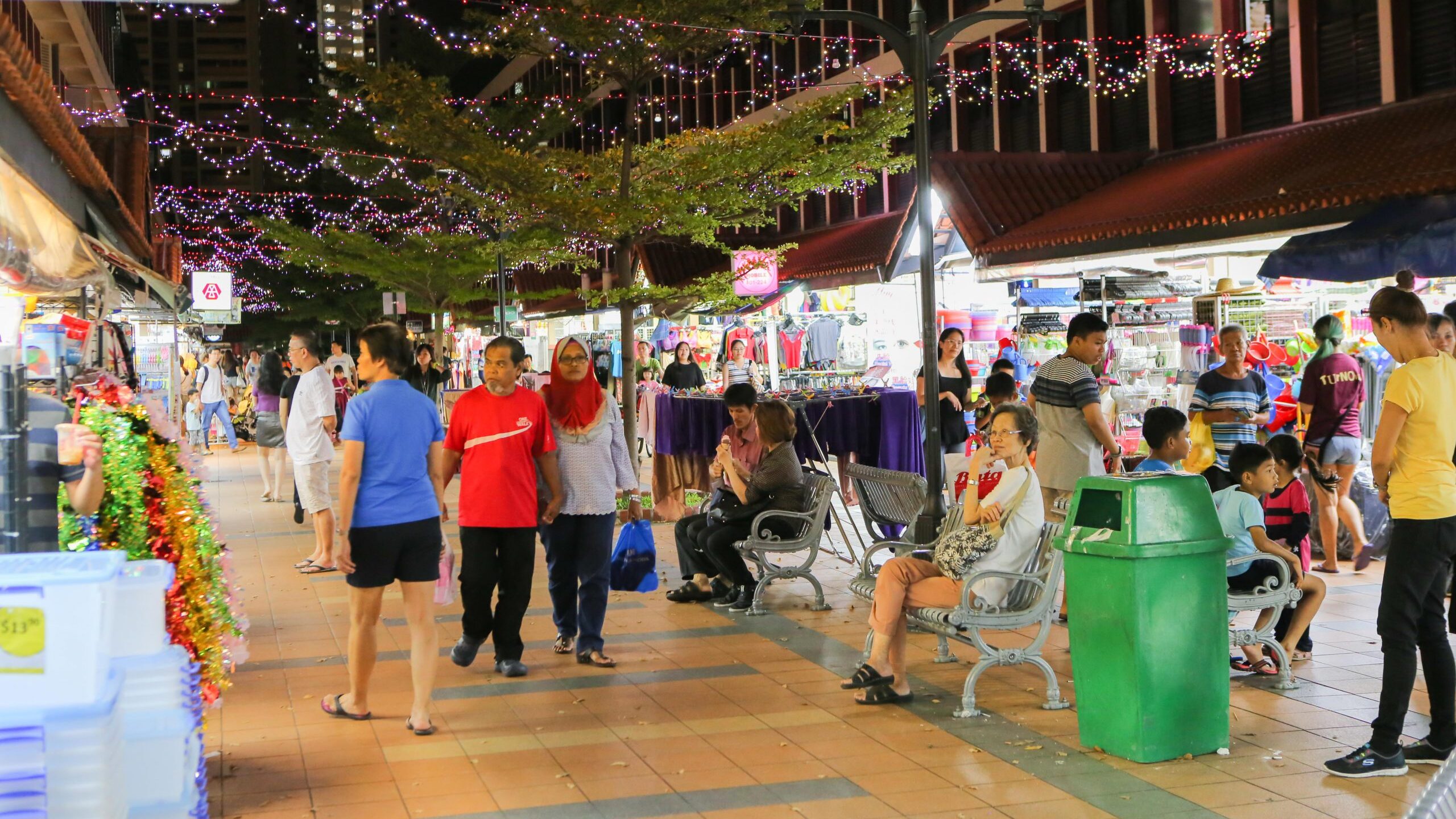The Power of Everyday Networks: The Case of Inter-Ethnic Friendships in Singapore
November 6, 2024
Singapore has oft been touted as an ethnically diverse country where different races live together in racial harmony. In their article ‘The Power of Everyday Networks: The Case of Inter-Ethnic Friendships in Singapore’ (TRaNS: Trans-Regional and National Studies of Southeast Asia, 2023), Associate Professor Vincent Chua (NUS Sociology & Anthropology), Associate Professor Tan Ern Ser (NUS Institute of Policy Studies), and Dr Mathew Mathews (NUS Institute of Policy Studies) discuss inter-ethnic networks and posit that they are uniquely productive in fostering a sense of nationhood.
The authors focus on the daily interactions that take place within neighbourhoods, and hypothesize that these are critical to building a sense of national belongingness. In particular, they test this assertion using survey data collected during the COVID-19 pandemic, and suggest that inter-ethnic friendships in particular have been a key contributor to Singaporeans’ sense of national belonging.
The article calls to attention the role of institutions, culture, and networks in being sources of nationalism. In arguing for the usefulness of seemingly mundane social ties in building a sense of national belonging, the authors borrow ideas from social capital theorists, who posit that intra-group, and by extension intra-ethnic, ties are more effective for achieving social cohesion as they have the potential to dismantle prejudice and create opportunities for social formation through constant exposure. Individuals with ties to different groups are able to more quickly learn to relate and adapt to various network members.
The authors assert that based the survey findings, those who have more friends across ethnic groups are likelier to feel a stronger sense of belonging to Singapore. Those who live in public housing are also revealed to feel a greater sense of belonging, which the authors take to suggest that the facilities associated with public housing, such as provision shops and residents’ committees, are important in inspiring feelings of nationalism. The authors also found that older people have more ethnically diverse networks than younger folk. They conclude by advocating for the positive effects of ethnic diversity and suggest that this diversity has brought Singaporeans closer together.
Read the article here.

